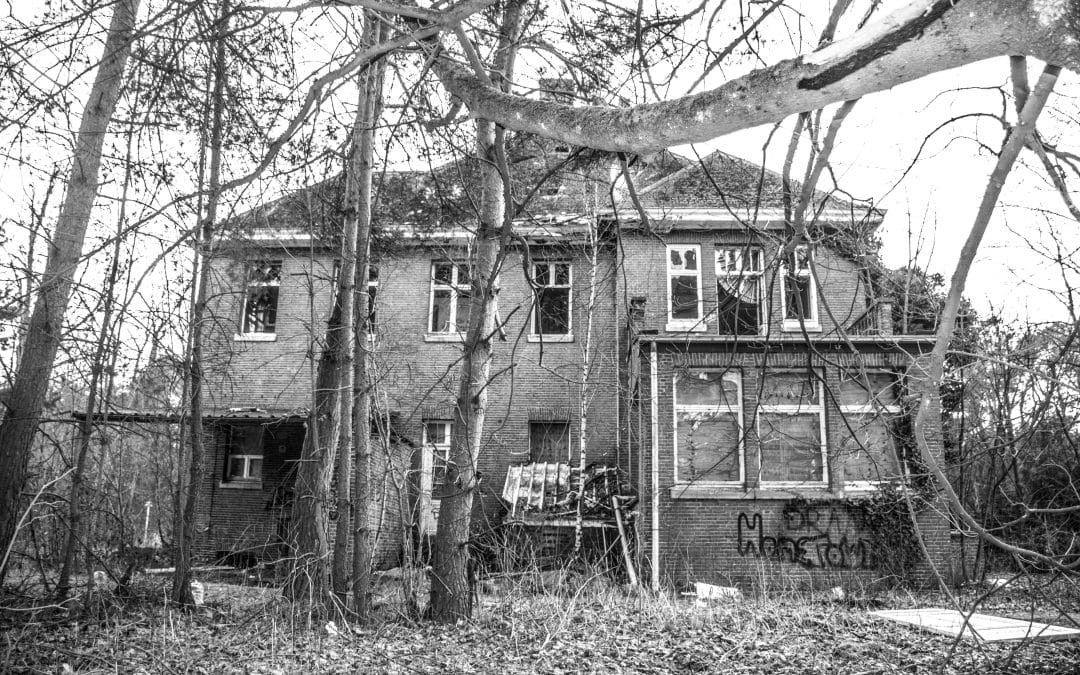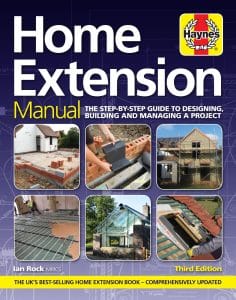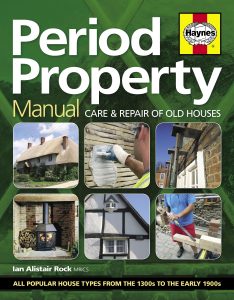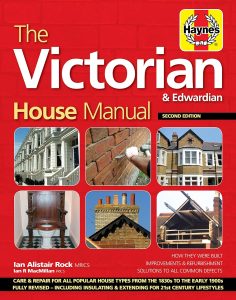Property Tips by Chartered Surveyor Ian Rock FRICS – from the Haynes House Manual series
What if your surveyor fails to spot a serious defect ?
The main reason for getting a survey before you commit to buying your next home is so you don’t get lumbered with a defective, dangerous money-pit of a home.
If you don’t instruct a survey and soon after you move in the roof starts leaking or the floor collapses there’s not much you can do.
Similarly, if you just relied on a copy of your mortgage lender’s valuation that also won’t help much.
The good news is if you had a ‘proper’ RICS (Royal Institution of Chartered Surveyors) survey, e.g. a Homebuyer or Building Survey, such defects should have been spotted and flagged up.
Of course surveyors aren’t expected to have X-ray vision but it is reasonable to expect that using their knowledge and experience the presence of certain hidden defects (such as rotten floor timbers) can be deduced from clues such as dampness and high ground levels.
RICS chartered surveyors are not allowed to practice without Professional Indemnity Insurance cover (PII), so where significant defects weren’t notified you should be able to submit a claim for compensation.
RICS members should also have a Complaints Handling Procedure (known as a CHP) normally included in the Terms and Conditions (aka Terms of Engagement) that they sent you.
Or you can ask to see written details of their Complaints Handling Procedure.
Making a claim
In the unlikely event that you need to submit a claim, make sure you check the survey report since it’s not unknown for claims to be made only to later discover that the issues in question were actually highlighted in the survey!
Check also whether the surveyor noted any areas in and around the property where they couldn’t get access (such as stuck drain covers).
Also it’s worth re-reading the terms of engagement which would have pointed out reasonable limitations such as the fact that surveyors don’t test service such as the electrics and plumbing (but do inspect them visually).
If you do need to make a claim, the original survey firm or their insurers will appoint a qualified impartial expert to come and inspect the defect to assess whether you have the basis of a successful professional indemnity claim.
If your grievance cannot be resolved, the surveyor should refer it to an independent redress scheme, ideally run by an Ombudsman.
The surveying firm should let you know which Ombudsman scheme is dealing with the complaint so you can be informed about progress.
The usual measure of damages paid out is the difference between the amount the surveyor valued the house at, and what it would actually have been worth with the defects. Any legal fees reasonably incurred in making a claim should also be covered.
This may not always cover the cost of repairs, depending on the state of the property market when the property was purchased. In a booming market buyers will pay over the odds even for properties with significant defects.
Alternatively the RICS operate a dispute resolution service, which could save you time and legal fees. If RICS considers that a member has fallen short of the required standards, it can take appropriate disciplinary measures.
But the RICS cannot deal with non-RICS members or pay compensation on behalf of a member. For further see the RICS website.
See Rightsurvey.co.uk for a quick guide to survey prices
Check out our other posts for more info that will help you pay the right price for the right property.
We would always recommend using RICS certified surveyors in every instance – don’t get caught out, get instant quotes for RICS surveyors here.
Ian Rock’s Rightsurvey property tips are taken from the Haynes House Manual series.







